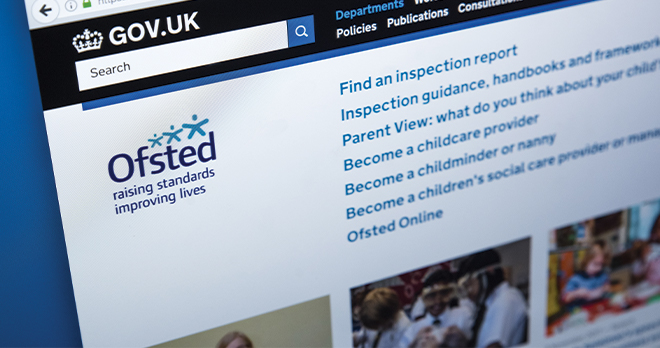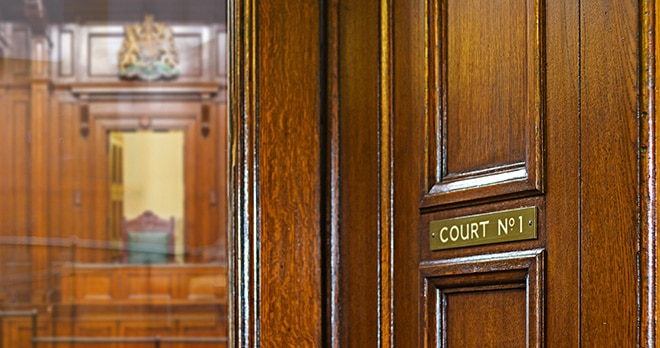Can a claim for adverse possession succeed where the circumstances involve fraud?

Background
The facts behind this unusual case are that ownership of the land in question was registered to M. However on 13 April 1989 R and R’s son forged documents to show a transfer had been executed which purported to transfer the property from M to R. This was also supported by other documents which showed that M held the property on trust for R. For reasons not relevant to the case, M could not return to his property and he was rehoused by the local authority.
In around 1989 R told M that he now owned the property and that it was in his name. M contacted the police and tried to get legal representation but was unable to persuade solicitors to assist him as he did not have the relevant documentation. In 1990 R transferred the property to his son by way of a gift and the son became the registered proprietor.
The Land Registration Act 2002 (LRA) came into force on 13 October 2003, this was 12 years after the registration in R’s son’s name. In 2013 M attempted to rectify the register to show himself as the true owner of the property.
R’s son objected, arguing that he had been in adverse possession for over 20 years and that amounted to an exceptional circumstance that should defeat a claim for rectification under the LRA 2002.
The First-Tier Tribunal (FTT) rejected this argument on the basis that a registered proprietor of land could not also be in adverse possession of it, even if the registration had been procured by fraud. The Upper Tribunal (UT) upheld that decision.
R’s son then appealed to the Court of Appeal.
But R and his son acted fraudulently – how could they be successful?
At first instance the Judge held that it would be manifestly unjust for M to be deprived of his property as a result of fraud. However, at appeal it was an important consideration that M knew he had a grievance by 1990 but did not apply for the register to be rectified until 2013, which by then was too late.
The reason it was too late is that the law of adverse possession changed significantly under the LRA 2002. If M had sought rectification at any time between 1989 and 2001 there was no reason why he would not have succeeded and had his property returned to him. What made R’s son’s appeal successful was not his father's fraud, or his complicity in the fraud, but that he had had possession of the property for the requisite 12 years without the consent of M. This period had elapsed before the far-reaching changes made to the law of adverse possession by the LRA 2002.
What does this mean for us now?
Following the introduction of the LRA 2002, it has become much harder for a squatter to claim adverse possession. However, it is clear from this that a registered proprietor is capable of being in adverse possession, even where the registration was fraudulent.
Conveyancing fraud does continue to be a risk for property owners, it is important to put appropriate fraud protection measures in place. As a minimum you should ensure your home is registered with HM Land Registry (HMLR). You must register all land or property where you bought it, have been given it, inherited it, received it in exchange for other property or land or where you have mortgaged the property. You do not usually need to register leasehold land or property if there are 7 years or less on the lease when you take ownership.
HMLR’s guidance is that you are more at risk of property fraud where:
- your identity’s been stolen
- you rent out your property
- you live overseas
- the property’s empty
- the property isn’t mortgaged, or
- the property isn’t registered with HM Land Registry.
HMLR suggests that where your property is registered, you should sign up to property alerts. This means that if someone applies to change the register of your property, for example they try to use it for a mortgage, you will be alerted. This won’t automatically block any changes to the register but it will alert you when something changes so that you can take action.
If you are concerned that you may be a victim of property fraud you can contact the HMLR’s property fraud line or contact us for specific legal advice.
Contact our specialists in dispute resolution to find out how we might be able to help you.
Call now
Our dispute resolution services
More articles relating to disputes
View more articles related to Dispute Resolution and Dispute Resolution












